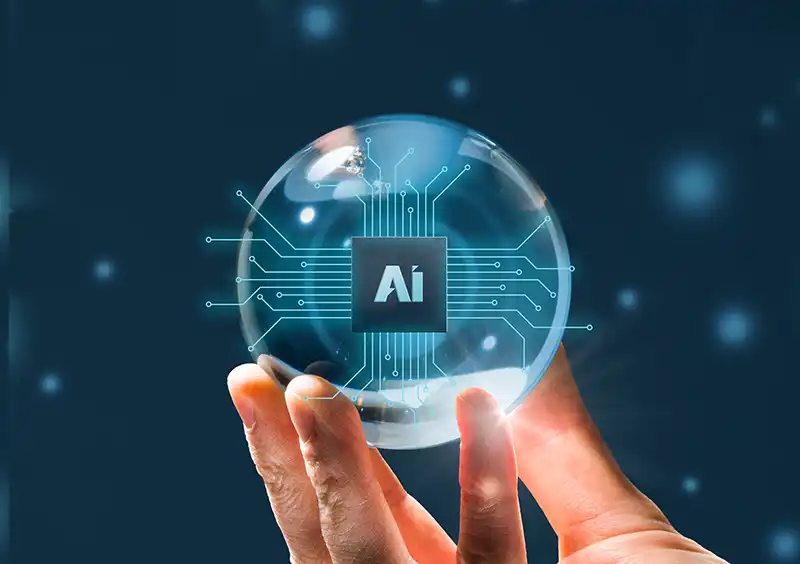Generative AI is leading a massive transformation in artificial intelligence (AI). It changes the way we create, think of new ideas and solve difficult problems. As we move into 2024, this guide takes a closer look at the rise of generative AI, highlighting its critical role, its breakthrough applications, and the ethical minefields it faces. Generative AI combines creativity and computing power and marks the beginning of a new era of technological progress.
Introduction to generative artificial intelligence
Generative AI is a set of artificial intelligence techniques that can learn from massive data sets and produce new content such as text, images and even music. The development of artificial intelligence, from simple algorithms to complex neural networks, is a major turning point in its history. It promises an unprecedented level of creativity and automation.
Key technologies that make generative AI work
Machine learning and brain-inspired computing
Generative AI is based on machine learning models and neural networks, specifically Generative Adversarial Networks (GAN). They learn to copy and create content that looks and behaves as if it were created by a human.
natural language processing technology
Using natural language processing (NLP) technology, generative AI can understand and write text that sounds as if it were written by a human. This has huge implications for content creation, customer service, and other areas.
How generative AI will be used in 2024
Design and creative arts
Generative AI opens new frontiers in creative art and design, allowing artists and designers to explore new ideas and images that were previously impossible.
Create content and media
Generative AI is a game changer in media and content creation. It automates the creation of written content, videos and marketing materials, increasing creativity and reducing the amount of work that needs to be done manually.
Applications of generative artificial intelligence in marketing and personalization for business and industry
Genative AI can help companies create personalized marketing campaigns and product recommendations that make customers happier and more engaged.
Product development and new ideas
Generative AI accelerates product development by coming up with new designs and ideas, reducing time to market and encouraging a culture of constantly coming up with new ideas.
Ethics in generative AI: how to deal with bias and fairness
With the rise of generative artificial intelligence, concerns about bias and fairness have become increasingly prominent. To ensure fair outcomes, AI development practices must be open and accountable.
Data privacy and security
As generative AI processes large amounts of data, privacy and security must be protected at all costs. Following rules and ethics is important to gain trust and ensure responsible use.
How generative AI can help with personalized learning in education
Generative AI transforms education by making learning more personal, adapting the curriculum to the needs of each student, and making learning more interesting and clear.
AI teachers and educational content creation
AI tutors, powered by generative AI, provide personalized assistance and coaching, and AI-created educational content adds to the material students can use to learn.
Using generative AI to find new drugs and tailor medications
Generative AI accelerates the discovery and development of new medicines in healthcare. This makes it possible to realize personalized medicine by tailoring treatments to each person’s unique genetic profile.
Analysis and prediction of medical data
Generative AI, which can look at medical data and guess what will happen next, is transforming patient care by enabling early diagnosis and personalized treatment plans.
Problems and limitations of generative AI: technical issues and growth opportunities
Generative AI has great potential, but there are still technical issues that need to be addressed before its full potential can be realized. These issues include not being able to scale and requiring a lot of computing power.
Ethical and social impact
The use of generative AI raises ethical and social concerns, such as job losses and the potential for abuse. To address these issues, you need to take a balanced approach
-Generated content and solutions become a normal part of our lives. It already improves creative processes and stimulates innovation in business and healthcare.
In summary
The journey of generative AI is not over yet; it’s just beginning. In the future, when human creativity meets the computing power of artificial intelligence, it could open up a new world of possibilities and create an era where technology and imagination merge. To use generative AI to make the world a better place, we need to see its potential while figuring out how to deal with its problems.




